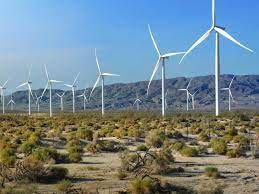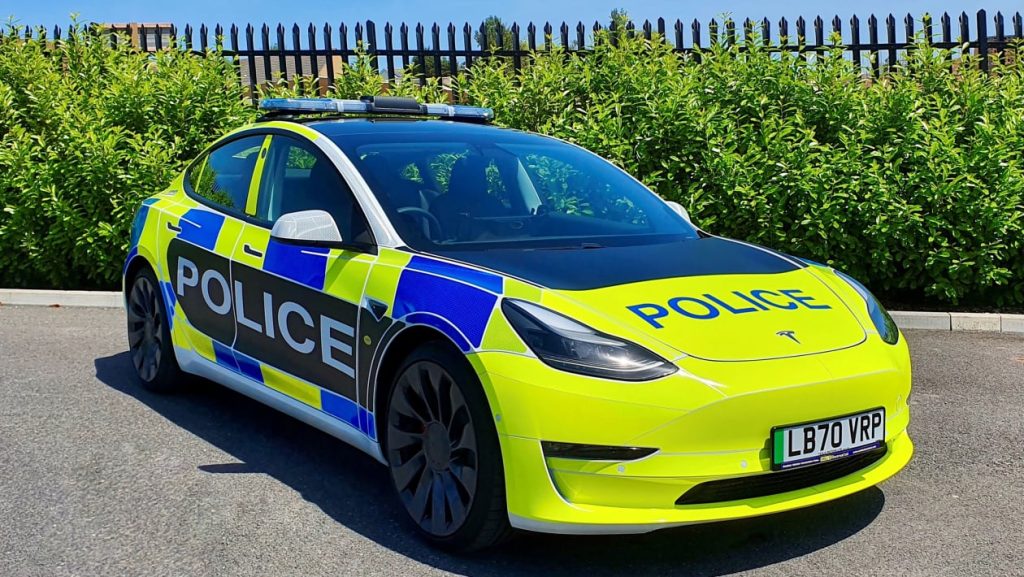Fracking is a problem. In many parts of the world (including in the UK) it only emerged as a means of getting oil out of the ground, after we should have stopped doing this.
It is known that most of the known reserves of oil and gas must be left in the ground. it is therefore insane to start a whole new industry extracting oil and gas in new ways.
There was a lot of people saying that if we need oil and gas, why not find it under Britain, but this fails to recognize that oil and gas use is falling fast and needs to fall faster.
If you look at graphs of petrol and diesel over the last few decades, the combination has remained pretty steady. Let demand is expected to fall off a cliff over the next decade.
This is as a result of dual threats, which could undermine most of the market for these damaging fossil fuels.
Firstly, each petrol or diesel car consumes on average about 2.3 tonnes of fuel. This means that each electric car sold reduces demand by 2.3 tonnes per year. Currently only 11% of cars in the UK are electric, but as the government has stated that new fossil fuel car sales will be banned in 2030, this should rise quickly. When surveyed, most drivers say they hope their next car will be electric. If new car sales are banned at this point, it will take a while for all fossil fuel cars to disappear from the roads.
However, there is likely to be an unpleasant feedback loop, where the more electric cars there are on the road, the fewer people want to buy.
In a similar way, fossil fuel free heating methods will replace gas boilers
As the number of consumers of a product reduces the savings from working in large quantities will be lost. This will push up prices for the remaining holdouts -which in turn will push more people to adopt electric alternatives.
By having a green energy company take over a fracking company, these changes are likely to happen as fast as possible. The new owners are not interested in holding on to fracking as long as possible – to the contrary, they will end its use as soon as possible.
This can only be good news in the world















